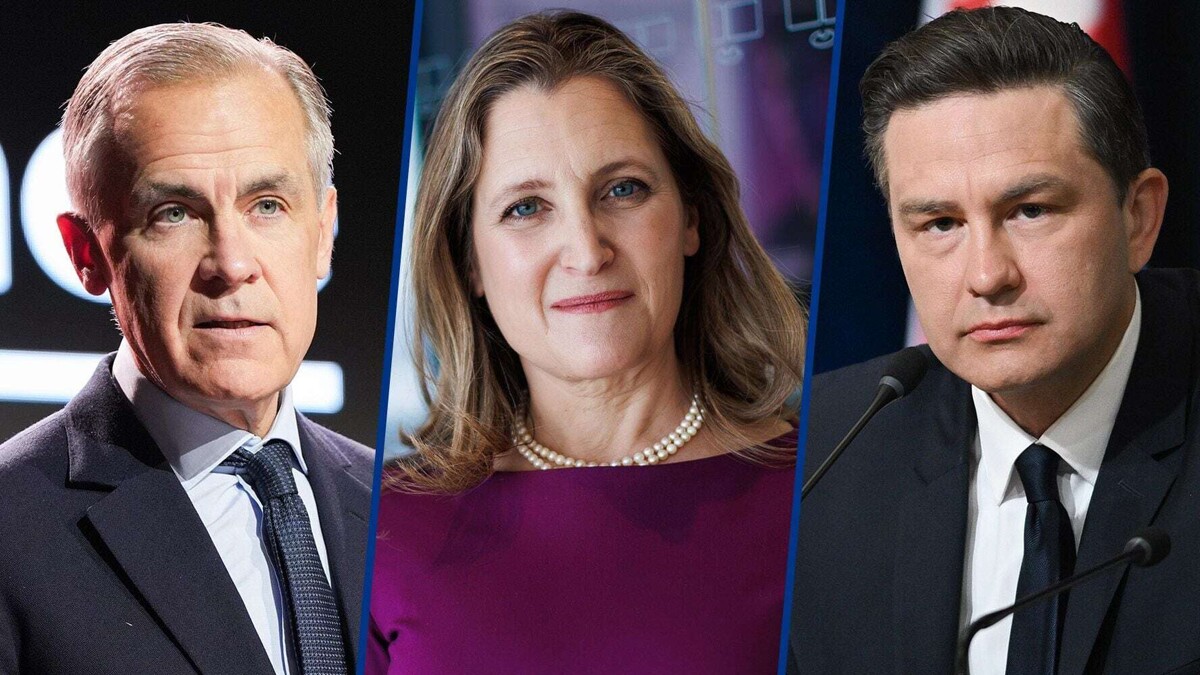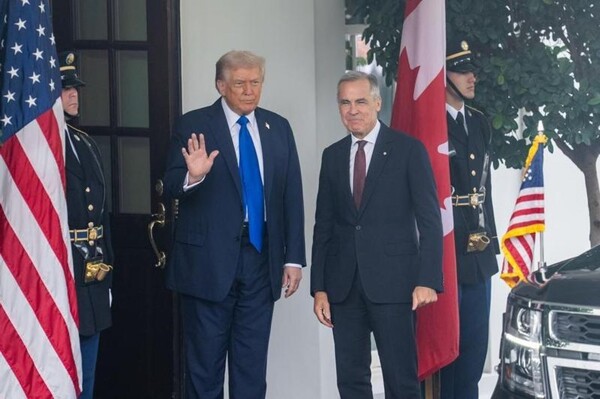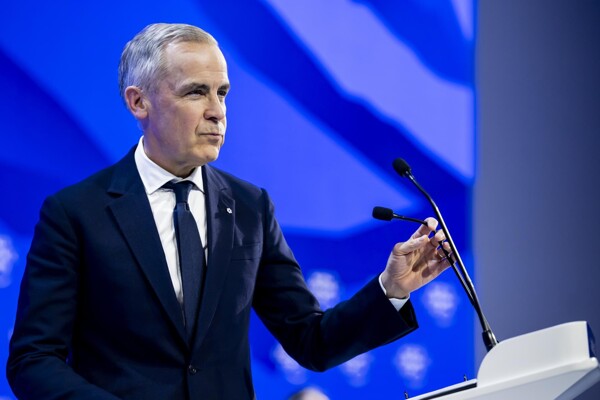
Justin Trudeau, who led the Canadian side in renegotiating the North American trade agreement during Donald Trump's first term, has resigned as Prime Minister of Canada. Trudeau admitted he was not the best option for the elections amid pressures from the Liberal Party in recent months. Chrystia Freeland, Deputy Prime Minister and Minister of Finance of Canada, also resigned after acknowledging differences with the Prime Minister.
Trudeau assured that he will remain Prime Minister until a new leader of the Liberal Party is elected. The internal elections will take place on March 9, and the Parliament sessions will resume on the 24th. The Conservatives lead the polls as favorites to win in the upcoming national elections scheduled for October.
Several candidates have shown interest in replacing Trudeau. Mark Carney, backed by senior members of Trudeau's cabinet, is one of them. Chrystia Freeland, former Minister of Finance, has also run for Prime Minister. Finally, Conservative Pierre Poilievre, who advocates for a 'Canada first' approach, is another prominent candidate.
Mark Carney is an economist known for his work as Governor of the Bank of England and the Bank of Canada. Chrystia Freeland, trained as a journalist, has held various important positions in the Canadian government. Pierre Poilievre, a Conservative with potential to reach the position, has generated controversy for his statements and political proposals.
Each of the candidates has a distinct approach to lead Canada in the future. The decision on who will be the next Prime Minister of the country rests with the voters, and the electoral campaign promises to be intense and filled with debates about the future of Canada.













